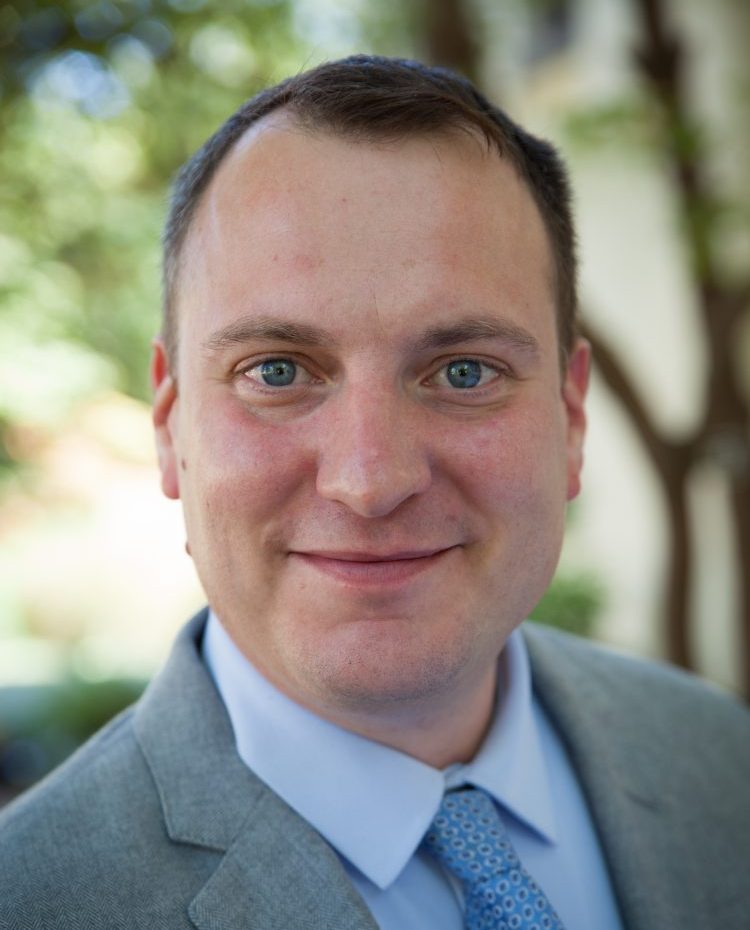T. William Lester
 |
Chair & Professor
Keywords |
Current Research Activities
While my research in urban planning and policy is broad, I am currently asking the question of "how can urban policy help promote equitable economic development and human flourishing in distressed neighborhoods, given the history of failed urban improvement efforts (e.g. Urban Renewal)?" I see this question as embracing a difficult tension in the history of urban planning. On the one hand there are significant social and economic problems that are spatially concentrated. On the other hand, many 20th century Federal urban policies have led to uneven outcomes by race, class, and gender and are now deemed gross "government failures." My current projects include a theoretical and empirical re-assessment of the term “inner-city” as a worthwhile category for social analysis and policymaking. I’m also continuing quantitative work that evaluates the effectiveness of urban economic development tools such as Tax Increment Financing (TIF) and Opportunity Zones (OZs). My research also focuses on the impact that local living wage and minimum wage policies have not only on local employment and economic development, but also how they may reshape employment practices in low-wage industries like restaurants. Lastly, I am currently researching and writing a book entitled “Dialectics of Failure? Urban Renewal and Neighborhood Change on Chicago’s South Side.”
Research Connections to Current Events
My work informs current events in two major areas. First, my current research on the changing geography of distressed neighborhoods across metropolitan areas, as well as my book project on the history of Urban Renewal policies and neighborhood change, have the potential to directly inform debates about what kinds of equitable policies might redress some of the inequalities highlighted by the Black Lives Matter protests that swept the country after the murder of George Floyd. These events have sharpened the focus on how public policies such as redlining and urban renewal have actively worsened the economic conditions of urban neighborhoods, and limited the wealth building capacity of African Americans in particular. I hope that my work will help reshape debates away from "failed urban policies" towards "opportunity-enhancing metropolitan policy." Second, my policy evaulation research on issues such as the minimum wage and economic development tools such as business incentives and place-based initiatives informs ongoing public debates about the effectiveness of government tools in addressing growing income inequality in the United States, and in large urban areas in particiular.
Personal Connections to Research
A good deal of my research interests are driven by two experiences I had when I was a young adult. First, my experience growing up in a racially integrated middle class urban neighborhood on Chicago's South Side that was surrounded by highly segregated low-income areas. This illustrated to me how starkly our cities are divided by invisible barriers. I later learned how urban planning policies contributed to this spatial inequality. Understanding how public policies impact the process of neighborhood change/stability as well as the geography of economic opportunity still drives my research agenda. The second experience was in my early 20s, when I had the opportunity to work for the Los Angeles County AFL-CIO. I was hired to conduct research but was quickly pulled into organizing campaigns, political activism, and direct advocacy for workers. This experience ultimately pushed me to pursue my doctoral work on the living wage movement and still drives my interest in how labor market policies can impact workers, families, and communities. I have been afforded exceptional educational opportunities throughout my life and I first have to recognize what a priviliage this has been for my carreer development. It is my goal to build on this early opportunity and commit to teaching all of my students to the level I was exposed to at elite institutions. My overall challenge in my research and service activities is learning to say no. I ultimately seek to please everyone and, as a younger scholar, this led me to willingly collaborate on projects that took me away from my core interests. In service I took on any role that was asked of me. Ultimately this can de-rail both professional as well as family and personal goals.
Social Media